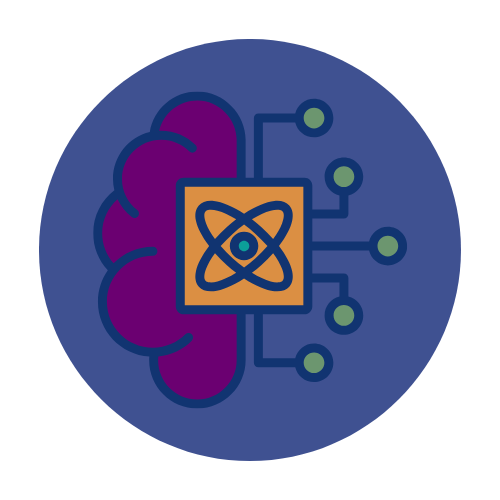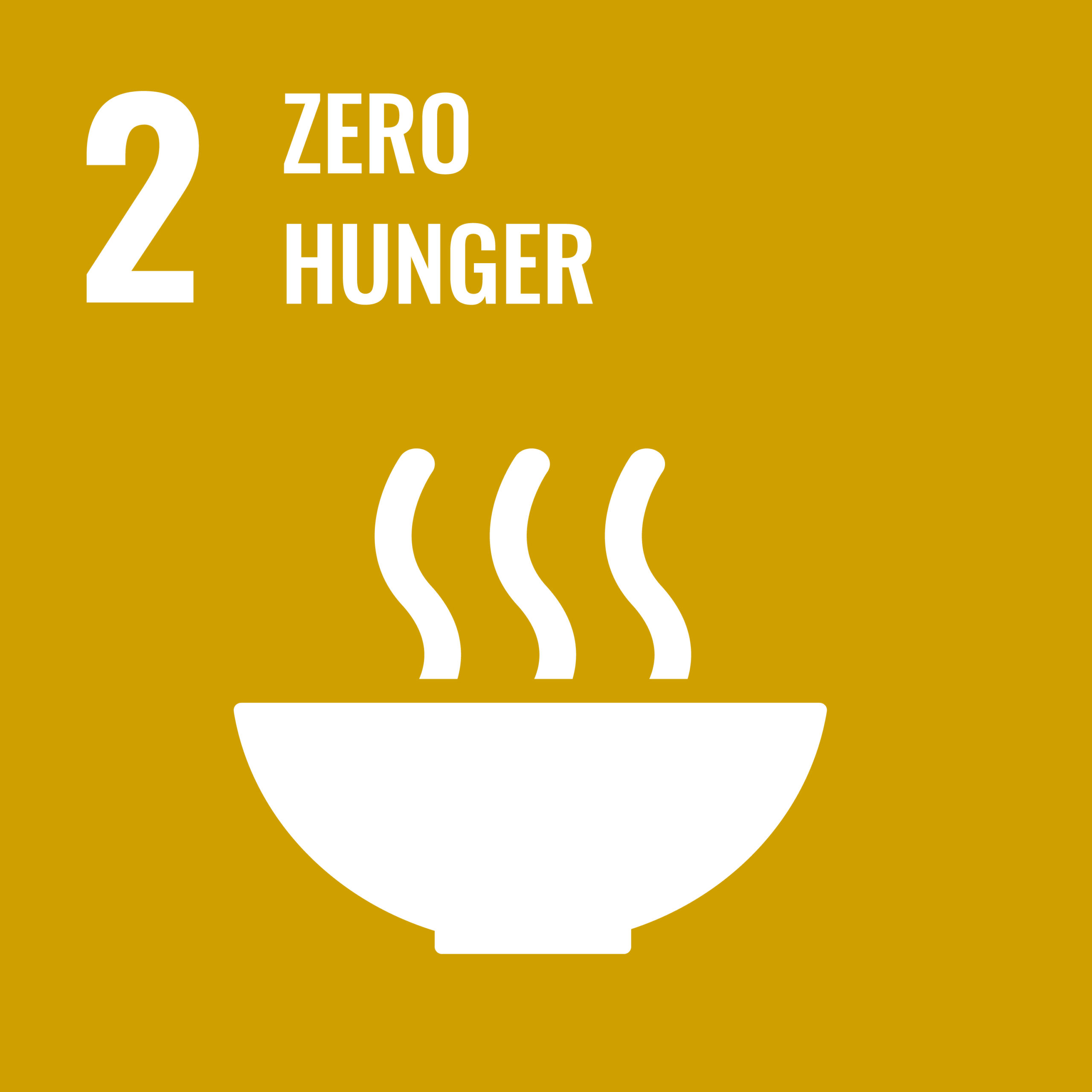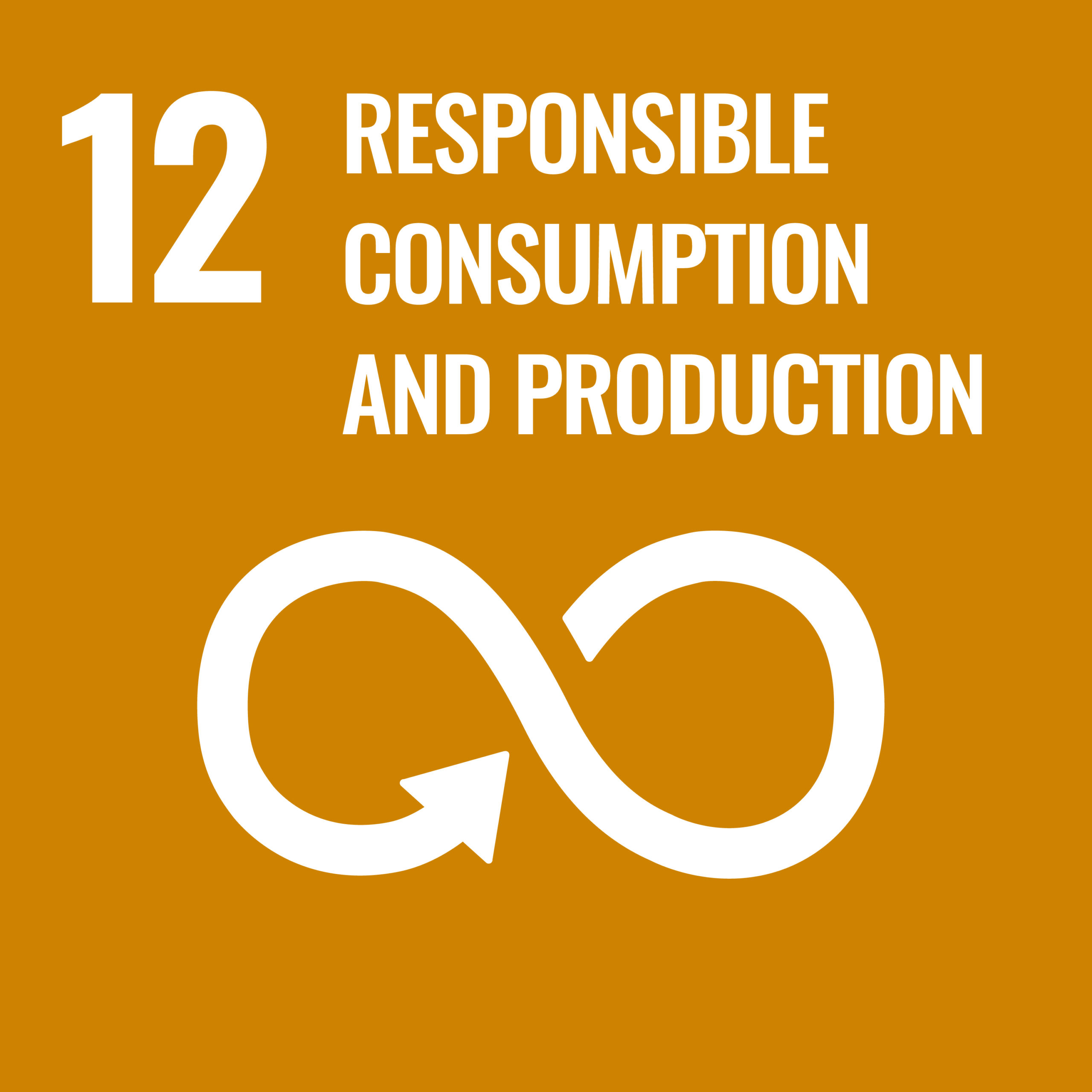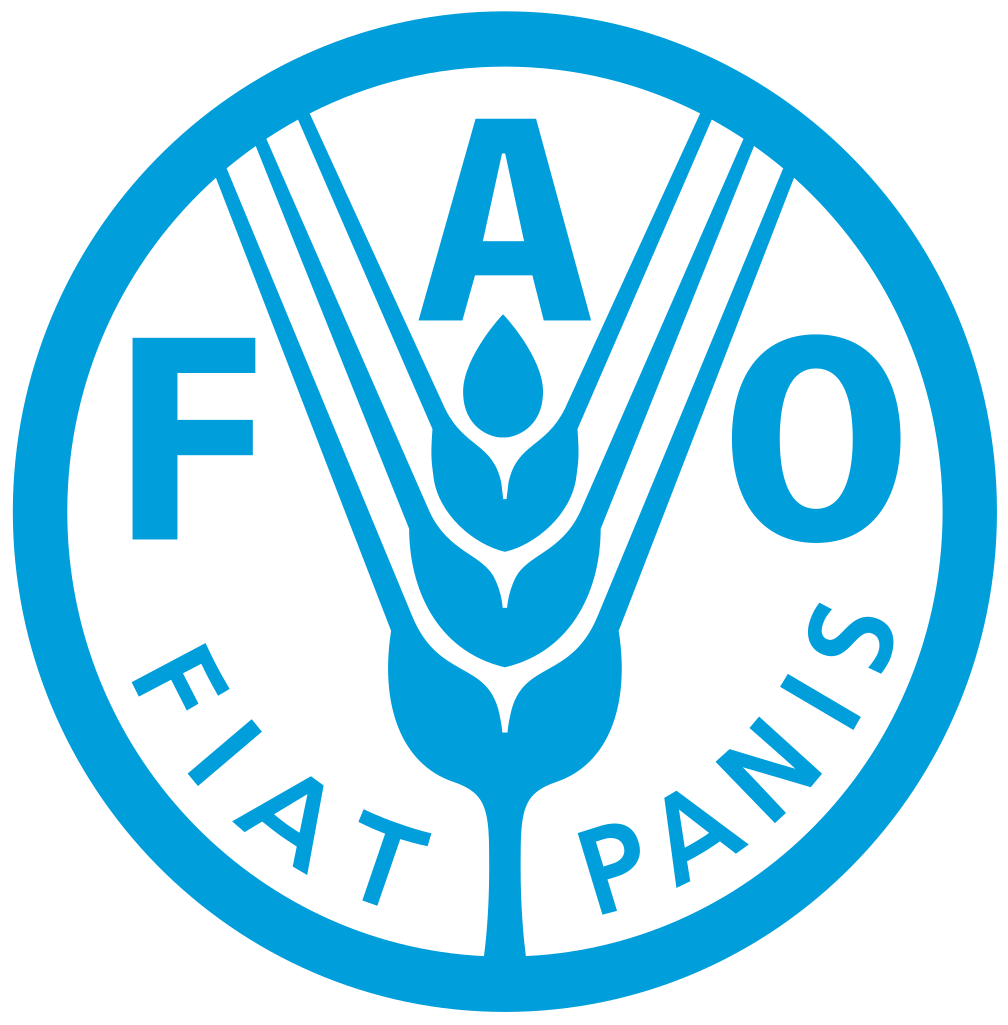Plant Genomics
Quantum computing solution to improve wheat, corn and soy yield by targeted gene editing.
Owner

Status
Phase 3 – Simulation
Quantum Approach

Quantum Machine Learning
SDGs


Contributors
Food and Agricultural Organisation of the United Nations (FAO)
Inari
QuEra
Venturus
Eversoles Associates
University of São Paulo
Origins of Contributors



Impact/context
The world is currently facing one of the greatest challenges of human history: providing enough nutritious calories for a growing population while reducing the footprint of agricultural production on the environment. The Food and Agriculture Organization of the United Nations (FAO) considers this challenge one of its top priorities: better production of food, which includes ensuring resilient and sustainable agrifood systems in a changing climate and environment. Indeed, climate change and economic and geopolitical instabilities that directly affect food supply in the most vulnerable geographies have been increasing the urgency of addressing these scientific and societal challenges. Developing countries necessitate the optimisation of agricultural output in conjunction with conserving the natural resources base via improved crops and crop management systems. Innovative applications of science and technology, in particular various biotechnologies available, may play significant roles in transforming agrifood systems. Gene editing, a technology that allows the modification of a genome more precisely than other forms of breeding, represents a recent advance in genetics and its application to plants. It offers an opportunity to address a range of difficult problems, including those associated with developing durable resistances to diseases, pests and abiotic stresses. It also offers new options for developing adapted traits in neglected and underutilised crop species.
How quantum could help
Gene discovery is still a major challenge for complex traits like yield and new approaches are needed to transform and accelerate the process. One of the main problems is the need for high levels of computational power to treat plant genomes. While the existing human reference genome structure is linear, plant genome data are a lot more complex. The most impactful characteristics are driven by intricate networks in which many of these genes work together. Quantum computers, in particular such based on platforms that naturally allow for encodings of graphs, like neutral atom quantum computers, could help tackle these complex computational challenges. Quantum computing could offer novel approaches to better understand the genetic diversity, adaptation, and evolution of species, and thus, combined with gene editing, positively impact food security, nutrition and environmental sustainability.
